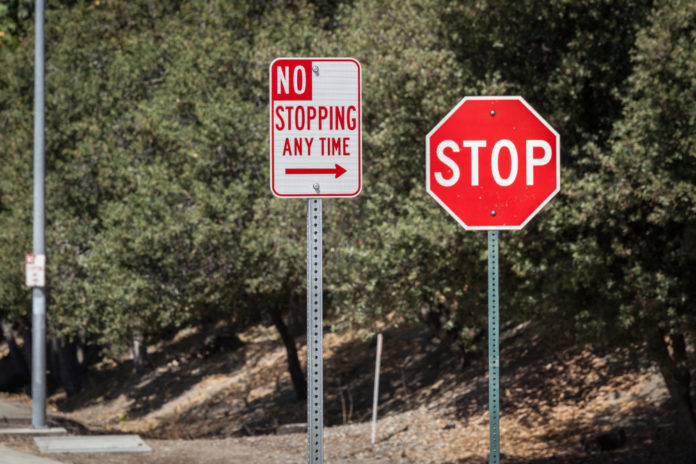Appeal of an ASBCA decision denying a claim is affirmed. The contractor sought to recover for costs it incurred over a dispute involving the government provision of circuit breakers. The ASBCA denied the contractor’s appeal, finding that the requirement for the circuit breakers was patently ambiguous, so the contractor had a duty to inquire. The contractor never inquired, so it couldn’t recover. The contractor argued the ambiguity was latent. But the court sided with the board. While the breakers were a small portion of the overall contract, they were essential to the project. Any ambiguity concerning the breakers should have been glaring and obvious.
Background
Lebolo-Watts Construction had a contract with the Army Corps of Engineers to build a satellite communications operations center. After finishing the project, Lebolo submitted claims to the contracting officer. Lebolo sought compensation for furnishing circuit breakers for the project. Lebolo contended that the government should have provided the breakers. Lebolo also asserted pass-through claims to recover delay losses sustained by its subcontractors.
The Corps denied the claims, and Lebolo appealed to the ASBCA. The board denied the appeal. As to the breakers, the board found that the contract contained a patent ambiguity as to which party was supposed to supply the breakers. Because the ambiguity was patent, Lebolo had a duty to inquire. Lebolo didn’t inquire, so the ambiguity was resolved against the company. For the pass-through claims, the board found that (1) Lebolo had waived the claims through a release it executed as part of a contract modification, and (2) any delays experienced by the subcontractors were concurrent contractor-caused delays that weren’t compensable.
Lebolo appealed to the Federal Circuit.
Holding
- Circuit Breaker Requirement Was Patently Ambiguous – The court found the contract was ambiguous concerning which party had to furnish the circuit breakers. Lebolo argued the ambiguity was latent because the circuit breakers represented such a small percentage of the price. But the court, siding with the board, reasoned that regardless of price, any ambiguity concerning the breakers was patent because the breakers were significant to the project. The project could not proceed without the breakers, so any ambiguity concerning the breakers, regardless of price, should have been a glaring error. Lebolo had a duty to inquire. The company could not recover costs related to the breakers.
- Pass Through Claims Were Not Compensable – Lebolo sought to recover delay costs incurred by its subcontractors. To recover a delay, the contractor must establish that the government’s actions were the sole cause of the delay. Here, the evidence showed the delay was concurrent contractor-caused delay and thus noncompensable.
Lebolo-Watts is represented by Herman Martin Braude of the Braude Law Group, P.C. The government is represented by Daniel B. Volk, Brian M. Boynton, Martin F. Hockey, Jr., and Patricia M. McCarthy of the Department of Justice.





